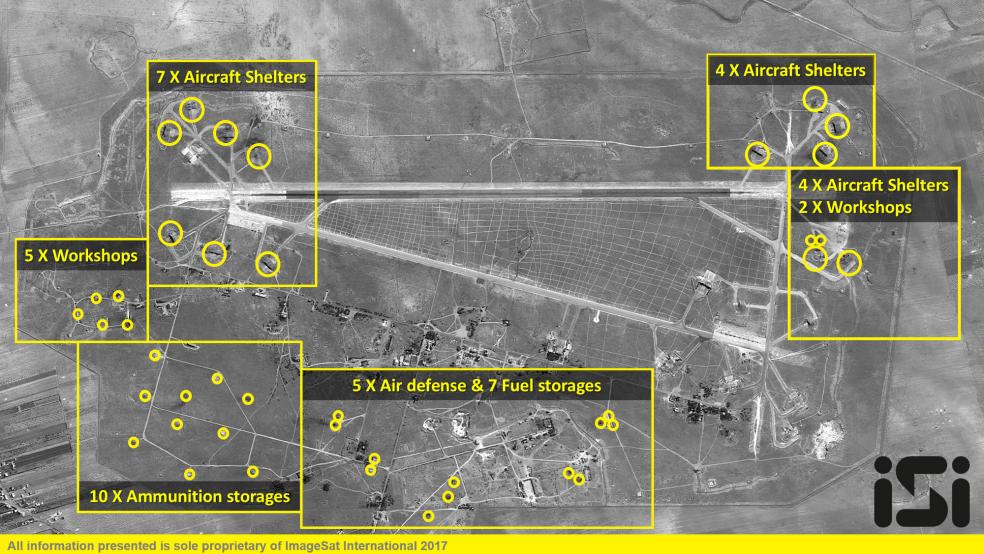A war monitor reported clashes around Aleppo and Damascus, but pushes by the government in the mountainous northwest and rebels in the southwest indicated an effort to improve their positions before fighting is due to stop on Monday.
Syria's five-year civil war has killed hundreds of thousands of people, displaced 11 million - half the country's pre-war population - causing a refugee crisis in the Middle East and Europe and inspired jihadist attacks around the world. Underscoring the war's global impact, President Bashar al-Assad is backed by Russia's air force, Iran's Revolutionary Guards and Shi'ite militias from Iraq and Lebanon while the rebels are supported by the U.S., Turkey and Gulf Arab states. Previous peace agreements have crumbled within weeks, with the United States accusing Assad and his allies of attacking opposition groups and civilians. On Saturday, air strikes on rebel-held areas killed scores of people.On Sunday, a rebel official said insurgent factions would later issue a statement guardedly welcoming the ceasefire but expressing concern over what they see as a lack of agreed sanctions on the government if it breaks the deal. "A big part of the agreement serves the regime and doesn't apply pressure on it and doesn't serve the Syrian people," said Zakaria Malahifji of the Aleppo-based rebel group Fastaqim. Syria's government has not issued an official comment on the truce, but on Saturday Syrian state media quoted what it called private sources as saying the government had given its approval. Iran welcomed the deal on Sunday. ISLAMIC STATEThe ceasefire will not apply to the jihadist groups Islamic State or Jabhat Fateh al-Sham, previously known as the Nusra Front until it broke formal allegiance to al Qaeda and changed its name. The Syrian air force bombed Islamic State targets near Palmyra, state television reported on Sunday, while rebels clashed with the group northeast of Damascus, the Syrian Observatory for Human Rights, a U.K.-based war monitor said.The U.S. on Saturday warned insurgents they would face "dire consequences" if they cooperate with Jabhet Fateh al-Sham, which fought alongside a range of mainstream and Islamist rebel groups during intense battles in recent weeks in southern Aleppo. Ahrar al-Sham, one of the largest Islamist groups among the rebels, which has fought alongside Jabhat Fateh al-Sham, said it had not yet commented on the deal, but would issue a statement later along with other groups. Illustrating how widely insurgents work with the former al Qaeda affiliate, Ahrar al-Sham was one of several rebel groups to announce the launch of an offensive in the southwest in coordination with Jabhat Fateh al-Sham on Saturday. Insurgents posted footage said to show battles on that front on Sunday which Reuters could not verify. In Latakia province, violent clashes continued on Sunday two days after the army and its allies launched an offensive around several villages near the main coast road to Aleppo using heavy artillery fire and dozens of air strikes, the Observatory said. More air strikes were reported in Aleppo and Idlib province on Sunday after scores of people were killed in aerial bombardment on Saturday. One in the town of Saraqeb hit a civil defense center where civilian rescuers are based, injuring several, according to the Observatory. (Reporting By Tom Perry, writing by Angus McDowall; editing by Raissa Kasolowsky)Syria rivals fight for position on eve of agreed truce

ALAA AL-FAQIR



